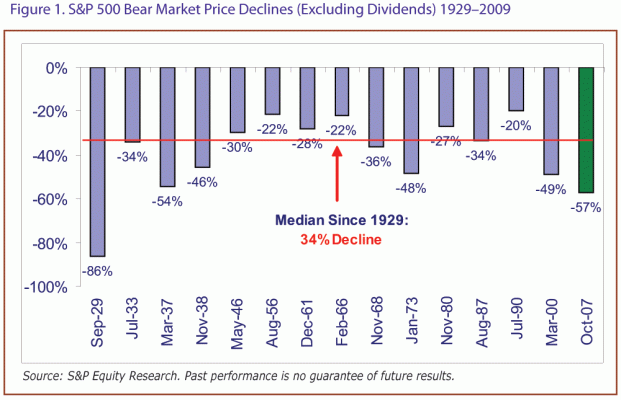Rough numbers:
If I stick with an assumption I'm not working to earn a living after reaching age 62, I've never ran a spreadsheet where it made sense to hold of on turning on the promised SS payment.
If I'm 62 and don't need the SS money until age 70, that's 8 years of SS money I can put into investments.
$1,628 - Age 62 monthly payment
$2, 279 – Full retirement age (age 66yr 2 mo) monthly payment.
50 months between earliest retirement & full payment age.
$81, 400 (if the cash is just stuffed into a mattress)
$651 monthly difference in the payments.
If I at full retirement age I just pulled $651 out the mattress each month, the cash would last 125 months (10 years 5 months). So if I take SS at the earliest date, just stack the cash without interest or investment, and start spending it later, I'm 76 and 7 months before I "break even".
If I die anywhere between age 62 & 76yr 7mo, there's a pile of cash there for the heirs that otherwise would not exist.
If the early cash is invested at 4% interest, the break even point becomes age 81 or so.
If I use the early cash to pay off the mortgage on a small rental property I have some pocket cash from the SS at age 62, and by age 66+ I have "free and clear" rental income that exceeds the full SS payment difference.
Yes, I know there are those who dislike rentals. I prefer that risk to the risk of SS disappearing.

